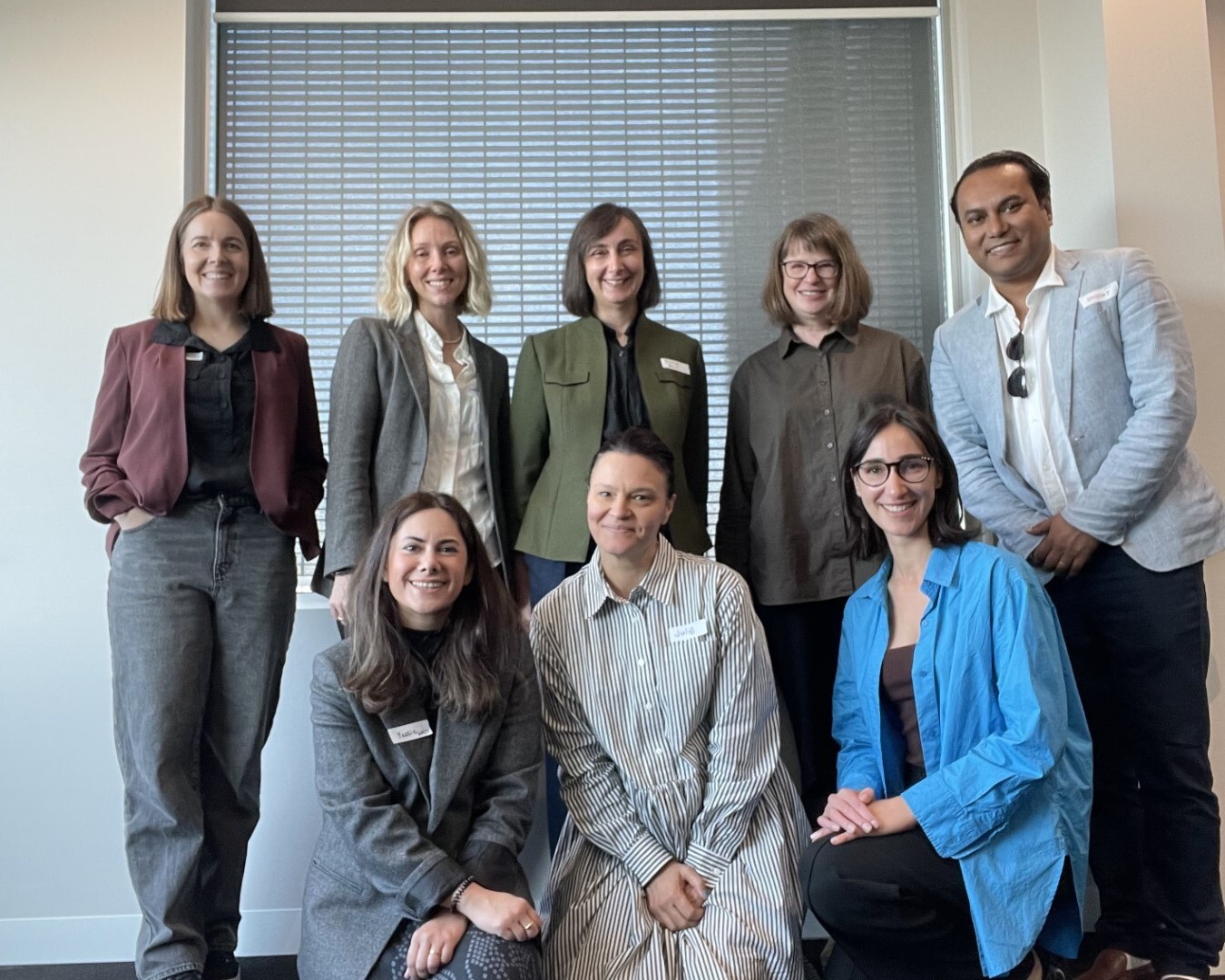Funded project – Refashioning: Accelerating Circular Product Design
The Refashioning project created practical, evidence-based guidelines for fashion product development teams to implement circular design. The circular design guidelines provided commercially validated methods for the benefit of the wider Australian fashion industry.
Background
Each year Australians, being the highest consumers of new textiles globally, purchase 1.4 billion items of clothing (383,000 tonnes), with 60% (227,000 tonnes) going to landfills. This wastage occurs due to poor quality, lack of convenient reuse options, and unclear disposal guidance. While circular design principles exist, companies lack strategic, clear steps to transition from linear to circular product development.
The Refashioning project was a collaborative initiative between RMIT University, a global leader in circularity and sustainability in fashion, and Country Road Group (CRG), one of Australia's largest specialty fashion retailers. Over 12 months, the research team worked with CRG's product development teams to develop, pilot, and evaluate practical circular design guidelines through surveys, workshops, and interviews.
The project's core objectives were to:
- Determine realistic factors to increase CRG clothing utilisation
- Implement 100% circular-by-design products in CRG by 2030
- Deliver a proven pathway for commercial adoption of circular design in Australian fashion
As an Australian first, the project demonstrated how companies can implement circular design and systems change, creating open-source frameworks led by an iconic business with multiple brands and varying design processes.
Stages
| 01/11/2023 | Designing the Circular Design Guides – Analysis of existing guides and developing framework for large-scale fashion retail application |
| 30/04/2024 | Pre-Pilot Workshop – Introduction of circular design guides to CRG participants through 3-hour workshop and initial surveys |
| 30/07/2024 | Pilot Implementation – Three-month period where CRG teams applied guides to planned clothing products |
| 30/09/2024 | Post-Pilot Review – Second workshop for feedback and refinement of guides, supported by individual surveys |
| 30/11/2024 | Evaluation and Communication – Finalisation of open-source circular design guide based on collected data and feedback |
Outcomes – what worked?
The project successfully upskilled 16-26 people in Victoria's fashion manufacturing industry, engaging six product teams across Country Road Group's brands. Each team selected a high-volume repeatable garment to test the circular design guidelines, resulting in six garments becoming more circular with learnings applicable across various garment lines.
Key achievements included:
- Anticipated 35-41 additional uses per garment at highest value
- Projected 2.6 years additional time in use
- Creation of 3 new jobs (1 full-time research associate, 2 casual research assistants)
The project delivered four major outputs:
- The Refashioning Circular Design Guide - providing actionable strategies for implementation
- Refashioning Fabric Testing Protocol - guiding development of durable and safe products
- Series of case studies exemplifying circular design implementation
- Comprehensive project report outlining methodology and findings
Challenges
Production Lead Time
While participants planned to proceed with circular garment production, the production windows extended beyond the project timeline. However, they committed to producing their circular garments in the near future.
Fabric Testing Timeline
Initial plans to test garments before and after implementing circular design guides were constrained by project length. This led to the development of a fabric testing protocol to guide future design decisions.
Insights to share with other businesses
Recognising that the circular economy is a team effort, it naturally requires collaboration and honest dialogue. Focus on building meaningful partnerships and centre your objectives around circular economy goals rather than solely eco-centric business goals. These partnerships will foster innovative solutions that not only advance your operations but also ensure a better future.
Applying this lens through Refashioning allowed us to identify key operational challenges and investigate how these challenges can be addressed. This requires planning towards varying timelines and achievements, some that can be achieved short-term and some that require longer timelines and more in-depth planning.
A clear understanding of your project partners and their capabilities is invaluable. This knowledge will help you identify innovative approaches that leverage meaningful collaborations.
What’s next?
The project team is developing training packages in collaboration with Seamless to facilitate widespread adoption. RMIT will explore designing courses and accreditations for systemic industry education, while collecting data from training sessions. The project's insights will be incorporated into student training, preparing future industry professionals.
From the grantee
"This project has provided valuable insights for all participating partners on the requirements for implementing Circular Design and ways to address its operational challenges. For RMIT University, as a leader in sustainable and circular fashion education, this means offering relevant education and training students to be skilled in enabling the circular economy within large-scale industry operations. This is a significant achievement for academia, with a profound impact on shaping a circular industry."
More information
 The refashioning team
The refashioning team